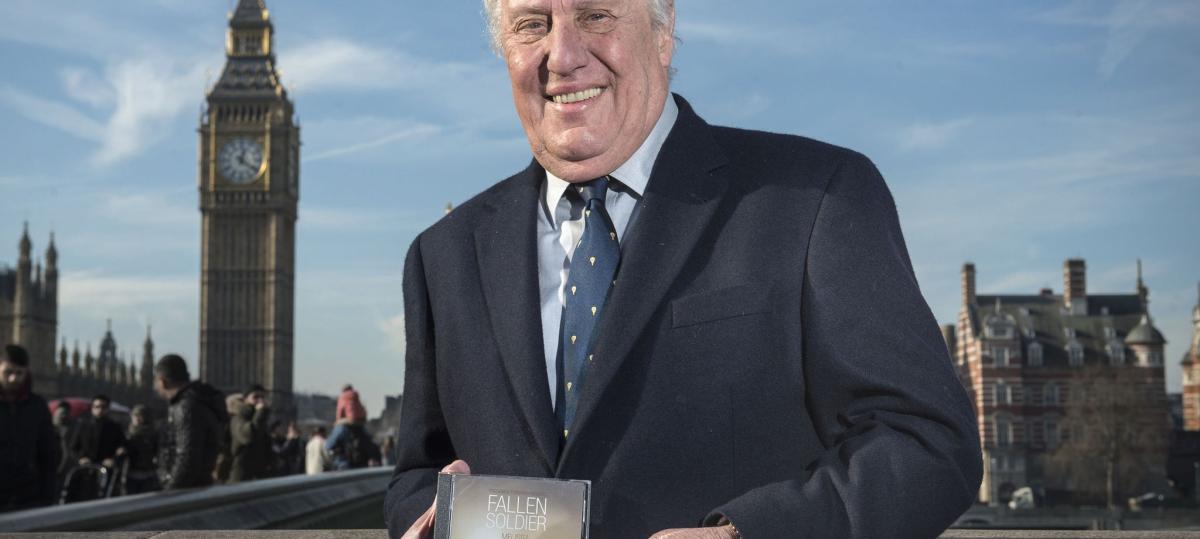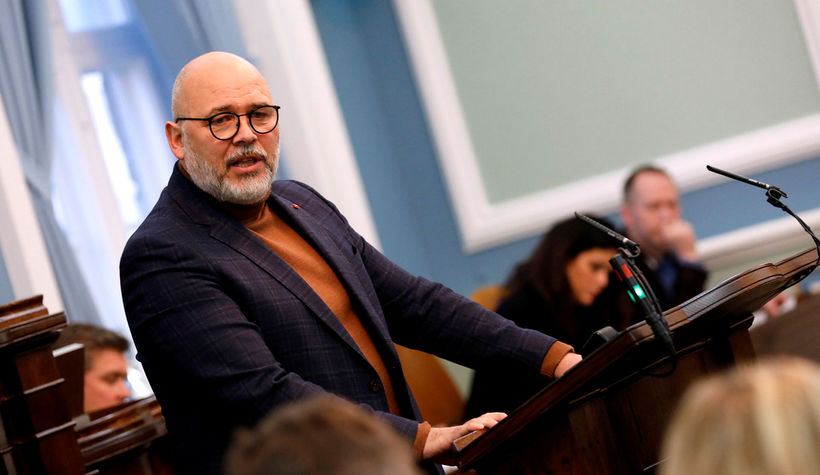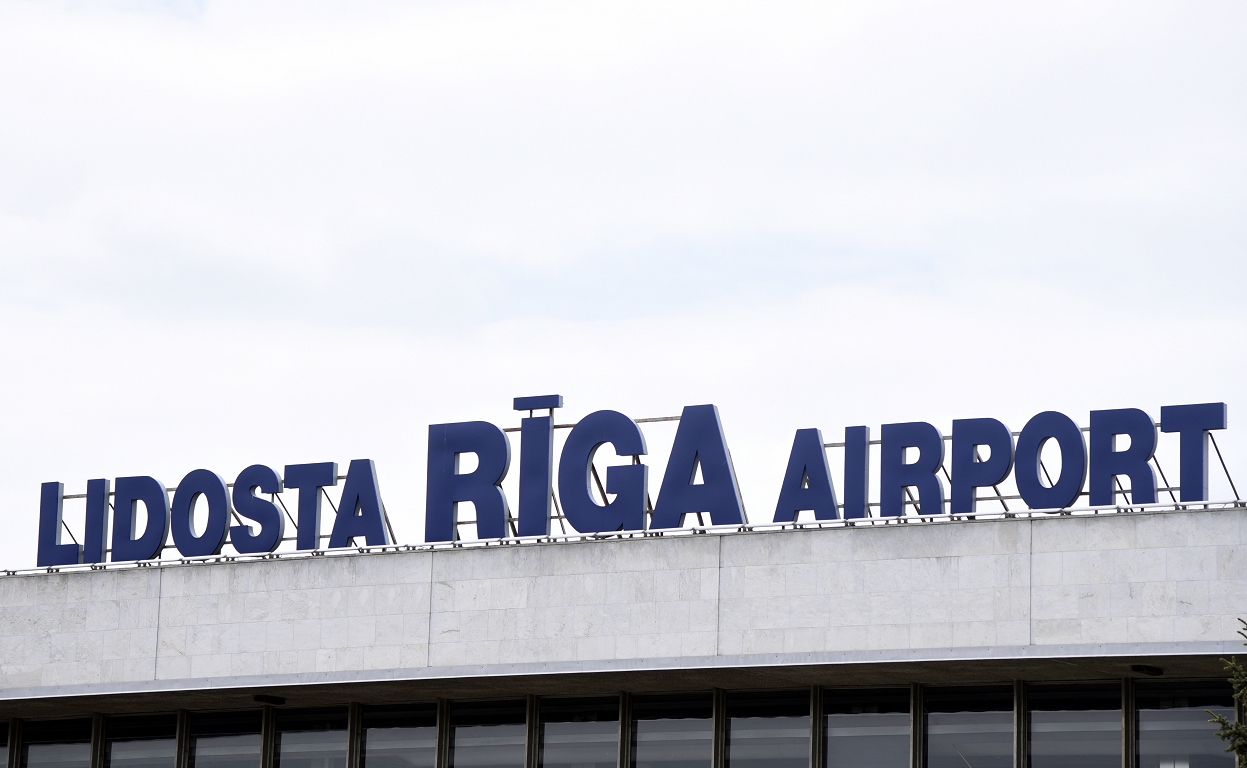Victory for Meloni government: Italian referendum on relaxing naturalization does not make it
:format(webp)/s3/static.nrc.nl/bvhw/files/2022/09/2409zat-profiel-georgia-meloni-2-web.jpg)
Are foreigners who have been living legally in Italy for a long time, are more likely to naturalize to Italian nationality? That was one of the five questions that Italians could look over on Sunday and Monday in a referendum organized by left -wing opposition parties, trade unions and social organizations.
The referendum did not make it: only thirty percent of Italians went to the polls, so that the threshold value of fifty percent was not reached.
That is a victory for the radical-right government led by Giorgia Meloni. The government was completely against the new Naturalization Act and called on Italians to go to the beach and not to vote. Italians could also vote on a number of questions about labor law, but the government’s criticism mainly focused on the naturalization issue.
Ten years without citizenship
Currently, immigrants from outside the Europe Union can only request naturalization after ten years. They must also meet multiple conditions. For example, they must have a stable income, have no criminal record and the language are powerful.
The initiators of the referendum find ten years too long; This period is only five years in France, Germany and the Netherlands. The initiators emphasize that people who have been living in Italy for years cannot vote due to the current law. Due to the amendment to the law estimation Around 1.4 million immigrants, including 284 thousand children, can become Italian.
But that is canceled. The initiators collected 500 thousand signatures to force the government to a referendum. 25 million Italians should have dedicated, there were around fifteen million.
The radical-right government of Prime Minister Meloni is now celebrating the result as a signal that Italians support the government. However, the fact that a referendum does not reach the turnout threshold is not a novelty in the country. Since the Second World War there were 72 referenda in Italy who aimed at the abolition of a law. Only more than half of them achieved the required turnout.
Prime Minister Meloni went to a polling station in Rome on Sunday. « Out of respect for the polls, » she said. However, she did not raise her five ballot papers, so she too did not contribute to the turnout percentage. It is not yet clear how the people who did show up.
Read also
Who is the figurehead of the party with fascist roots? A profile

/s3/static.nrc.nl/images/gn4/data133436222-39c9a5.jpg)
:format(webp)/s3/static.nrc.nl/wp-content/uploads/2025/06/07114036/web-0706nws_Yesilgoz.jpg)
/s3/static.nrc.nl/images/gn4/stripped/data133444868-53d867.jpg)



